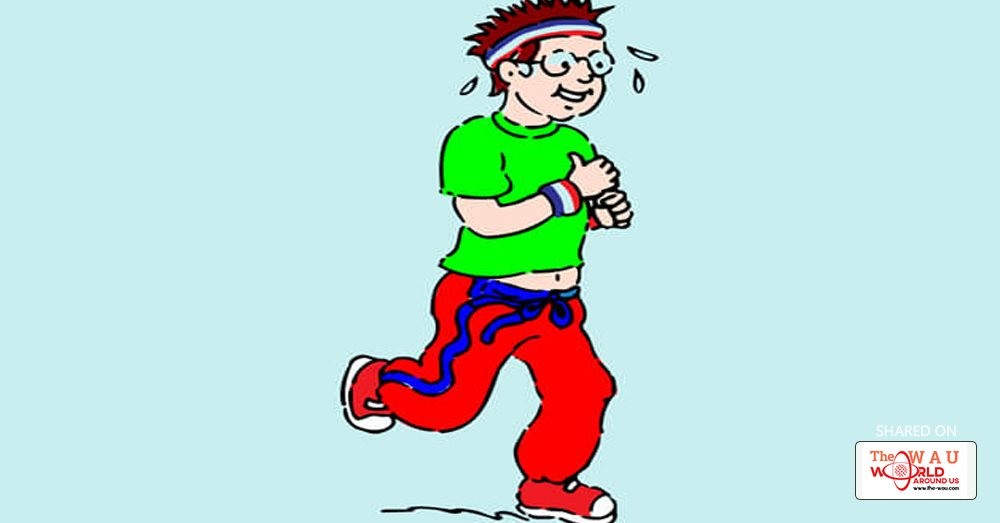Aside from post workout soreness and pain, the one thing we most associate with a productive workout session is perspiration. It certainly does seem like a good indicator, because the more rigorous and intense your fitness session, the more of sweat you work up.
But, is sweating really an indicator of fat burn and weight loss, and if so, how is it that some people can run a mile and still look pretty fresh and dry?
Sweating & Weight Loss
For many of us, working up a good sweat seems like a surefire way to lose weight to the extent that you won’t stop a running or workout session until you’re drenched in sweat. Doing so will certainly help you lose weight, but is it because of the very act of sweating itself or is there something else at play?
To some extent you do lose weight through perspiration, but weight loss from sweating is solely because of water weight that is shed along with other electrolytes like ammonia and sodium in sweat. This means that the weight loss through sweating is temporary and will be regained as soon as you rehydrate.
Why You Sweat When Working Out
The main reason for which we sweat is to regulate body temperature and more specifically to cool down. When you perspire, sweat evaporates from the skin surface, and this evaporative action cools the skin down. As intense physical activity raises your core temperature, you are more likely to perspire when working out.
The human body has between two to four million sweat glands, with women having more of these glands than men. However, the glands are more active in men, which is why males are more likely to sweat heavily when working out. Perspiration is also affected by other factors, regular smoking and drinking, and caffeine intake increasing perspiration.
Why Measuring Weight Loss By Sweat Is A Bad Idea
“Body fat traps heat, making you perspire excessively – this may be confused with a successful workout & ‘melting fat’, leading you to the false conclusion that you’re losing weight; in the opposite scenario it can also lead to serious injuries from over exercising”
If you are overweight and are trying to shed the pounds, gauging the efficacy of a workout based on perspiration can be highly misleading. Body fat works like insulation, trapping body heat and making you perspire a lot faster and more profusely. As a result, you may mistakenly assume that you’re making great progress towards your weight loss goals.
Similarly, individuals who are not prone to sweating may mistakenly assume that they haven’t exercised adequately even when they have. As a result you could push yourself too far, increasing the risk of injury, fatigue, dehydration, and worse.
Our Take
Instead of obsessing over weight loss, we’d advise you to focus more on getting fit and in shape. If you’re working out right, you won’t just be burning fat, but will also be building muscle. Unfortunately, your weighing scale isn’t reliable at measuring such real progress because it can’t differentiate between body fat and muscle mass. Simply be consistent with your practice and careful with your diet, and you will have nothing to worry about.
Share This Post















